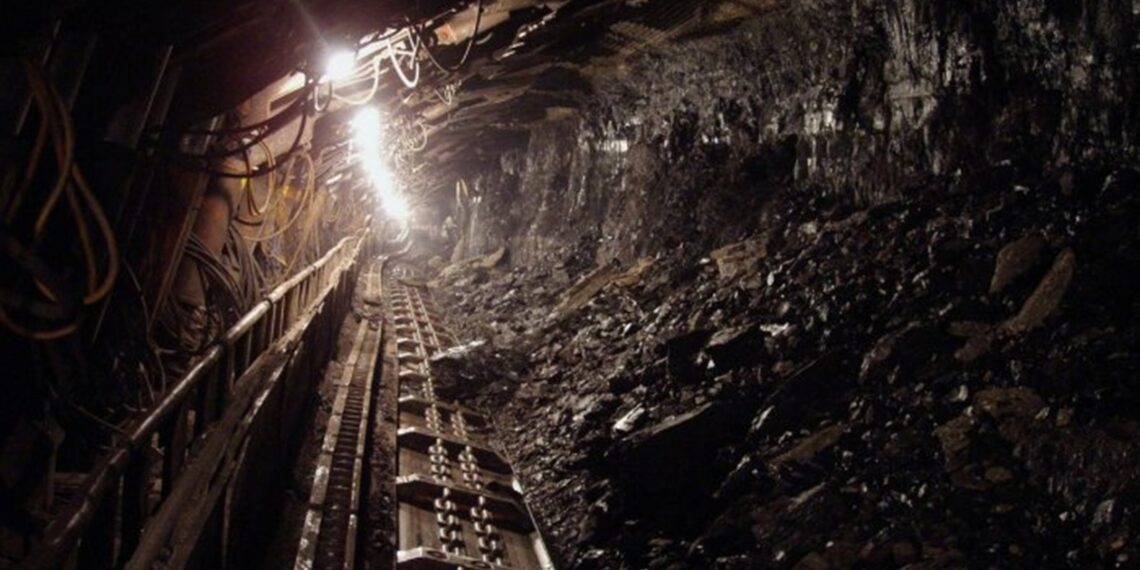SHILLONG: The one-member panel appointed by Meghalaya High Court to oversee coal mining-related issues in the state has flagged concerns over the sluggish pace of environmental restoration efforts.
Justice (retired) Brojendra Prasad Katakey, leading the panel, also highlighted the inadequate utilisation of funds allocated for environmental protection initiatives and highlighted the limited progress in sanctioned projects.
The panel’s 22nd interim report, submitted to the court last week, highlighted the ongoing plight of communities residing near the abandoned mine sites, who continue to endure the adverse effects of acid mine drainage from unclosed pits.
The report calls attention to the pressing need for closure and remediation of these hazardous sites to alleviate the suffering of local residents.
Furthermore, the panel revealed that an audit of coal usage in various industrial processes – coke ovens, ferroalloy, and captive power plants of cement factories – is underway.
Expected to conclude within three weeks, this audit aims to ensure compliance with regulatory requirements and fair utilization of resources.
Highlighting discrepancies in coal usage, the report indicates that two coke plants have been identified for payment of Rs 2.24 crore towards royalty and cess for utilising unaccounted coal.
Moreover, the transportation of inventoried coal to designated depots remains incomplete, pending a drone survey to assess further coal mining activities in the region.
The panel also recommended drone surveys promptly following the transportation of inventoried coal to designated depots.
The survey aims to identify illegally mined coal deposits and facilitate appropriate action, including seizure, under relevant mining regulations.
With a significant sum of ₹400 crore allocated to the Meghalaya Environment Protection and Restoration Fund (MEPRF) and an additional ₹100 crore with the Central Pollution Control Board, the report also stressed on the need to deploy these resources effectively.
Justice Katakey was appointed by the High Court in April 2022 to advise the Meghalaya government on measures to comply with directives from the Supreme Court and the National Green Tribunal (NGT), which prohibited rat-hole coal mining in April 2014.
Rat-hole mining, characterised by narrow tunnels for coal extraction, poses significant environmental and safety concerns.















